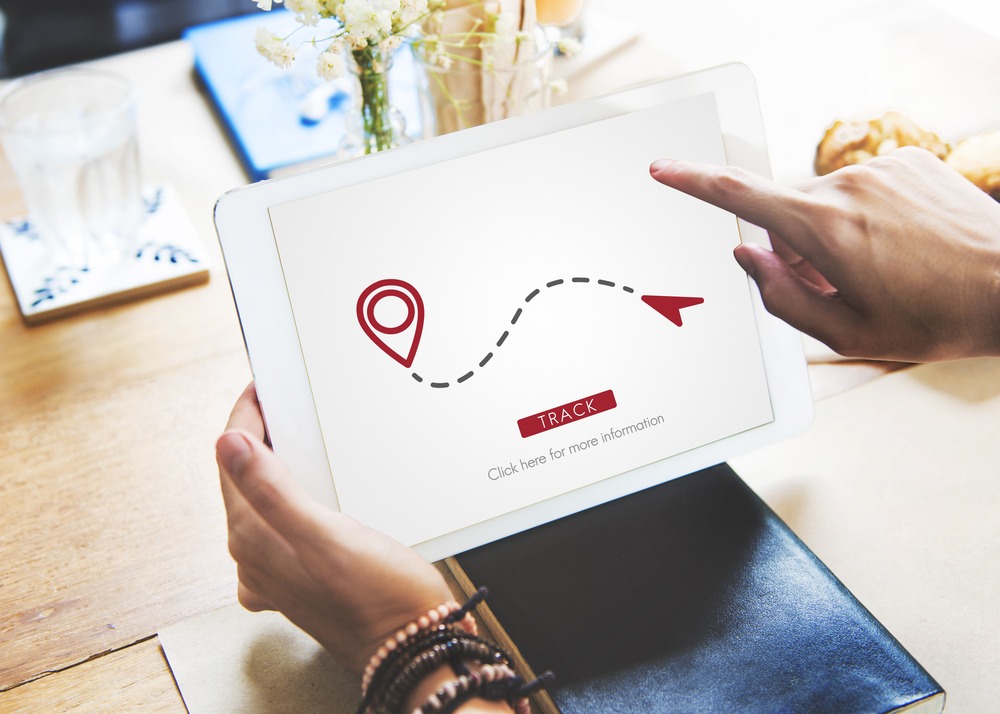What is Location-Based Marketing?

Location-based marketing is a digital marketing strategy that enables a brand to present its products or services to its target audience in a more personalized way by using geographical targeting. This type of marketing aims to reach the right audience at the right time and in the right place by identifying users’ physical locations. With the impact of mobile devices and the internet, location-based marketing has become increasingly popular. This approach helps brands offer products that specifically interest customers, enabling more efficient campaigns. Related Digital offers mobile marketing strategies that allow brands to effectively use location data and establish a stronger connection with their audience.
Why is Location-Based Marketing Important?
In the world of digital marketing, reaching the right target audience has always been one of the greatest challenges. Location-based marketing provides brands with the ability to offer personalized messages to their audience by utilizing geographical targeting. This makes marketing activities more efficient and increases conversion rates. Additionally, consumers now expect more personalized advertising. Location-based marketing meets this expectation by delivering the right message at the right time and place.
Types of Location-Based Marketing
Location-based marketing can be employed in various forms, allowing brands to engage their audiences more effectively:
1. Geographical Targeting: Brands can offer promotions or special deals based on the geographical area where the user is located. For example, a store can offer discounts to nearby customers.
2. Beacon Technology: Beacon technology uses Bluetooth to detect users’ locations. When a user approaches a store, a notification can be sent to their mobile device.
3. Push Notifications: Customers can receive push notifications when they are in a specific area. These notifications are aimed at capturing users’ attention and offering them personalized deals.
How Does Location-Based Marketing Work?
Location-based marketing works by collecting and using users’ location data, which can be gathered through technologies such as GPS, Wi-Fi signals, and Bluetooth. These technologies help brands accurately determine a user’s location. Once this data is collected, brands can use it to send personalized offers, promotions, and push notifications. This helps brands enhance customer engagement and encourage them to make more purchases.
Steps to Implement Location-Based Marketing
When implementing location-based marketing, several key steps need to be followed:
1. Data Collection: The first step is to use the right tools to collect location data from users. This can be achieved using GPS, Wi-Fi, and Bluetooth technologies.
2. Identify the Target Audience: Once the location data is gathered, the next step is to segment the target audience based on their location. For example, local customers may be prioritized for certain offers.
3. Personalize Messages and Content: Based on location data, brands can create personalized messages and offers. These messages will vary depending on the user’s location and time zone.
4. Timing and Delivery: Messages should be sent at the right time. Push notifications, for example, can be highly effective when sent to users as they approach a store or a specific location.
Applications of Location-Based Marketing
Location-based marketing can be used across various industries. Some of the most common applications include:
– Retail and Stores: Physical stores can use location-based marketing to send local offers and promotions to customers.
– Restaurants and Cafes: Businesses in the food industry can send special discounts or menu recommendations to nearby customers.
– Travel and Tourism: Travel agencies can offer special deals for holiday destinations, especially when users are near the location.
Advantages of Location-Based Marketing
Location-based marketing offers several key benefits:
1. Personalized Experience: Offering users only the products or services that are relevant to them creates a more engaging experience, leading to higher interaction rates.
2. Higher Conversion Rate: Marketing based on geographical targeting tends to achieve higher conversion rates compared to general marketing campaigns.
3. Immediate Engagement: Push notifications allow brands to reach users immediately with relevant offers, encouraging faster decision-making and increased sales.
How to Identify the Target Audience with Location Data
Location data is an excellent resource for identifying the right target audience. Using geographical targeting, brands can focus on local customers and deliver messages that resonate with them. With the widespread use of mobile devices, users are constantly on the move, and brands can track their movement to reach them at the most appropriate time and place. Accurately identifying the target audience based on location data makes marketing strategies more effective.
Successful Location-Based Marketing Strategies
To create an effective location-based marketing strategy, consider the following tips:
1. Creative Messaging: Your messages should be engaging and creative. Personalized offers are more likely to resonate with users.
2. Timing and Location: Ensure messages are sent at the right time and place. Reaching users instantly with push notifications increases conversion rates.
3. A/B Testing: Experiment with different messages, timings, and offers to determine the most effective strategy.
Location-Based Marketing and Data Privacy
As location-based marketing involves collecting personal data, data security is of utmost importance. Brands need to ensure the safety of their users’ data by implementing security measures. Proper encryption and anonymization of data are essential to maintain user trust. Additionally, it is crucial to clearly outline data collection and usage policies to ensure compliance with regulations.
The Future of Location-Based Marketing
With advancing technologies such as beacon technology and increased use of mobile devices, location-based marketing will continue to evolve. In the future, location-based marketing strategies will become even more personalized with the use of artificial intelligence and big data analytics. Related Digital helps brands enhance their location-based marketing strategies by leveraging emerging technologies to create more effective campaigns.
In conclusion, location-based marketing plays a crucial role in digital marketing strategies. Geographical targeting and personalized messages can enhance the customer experience. However, successful strategies require careful data collection, privacy protection, and effective communication.

